Assistant Professor
Molecular Neurobiology Laboratory

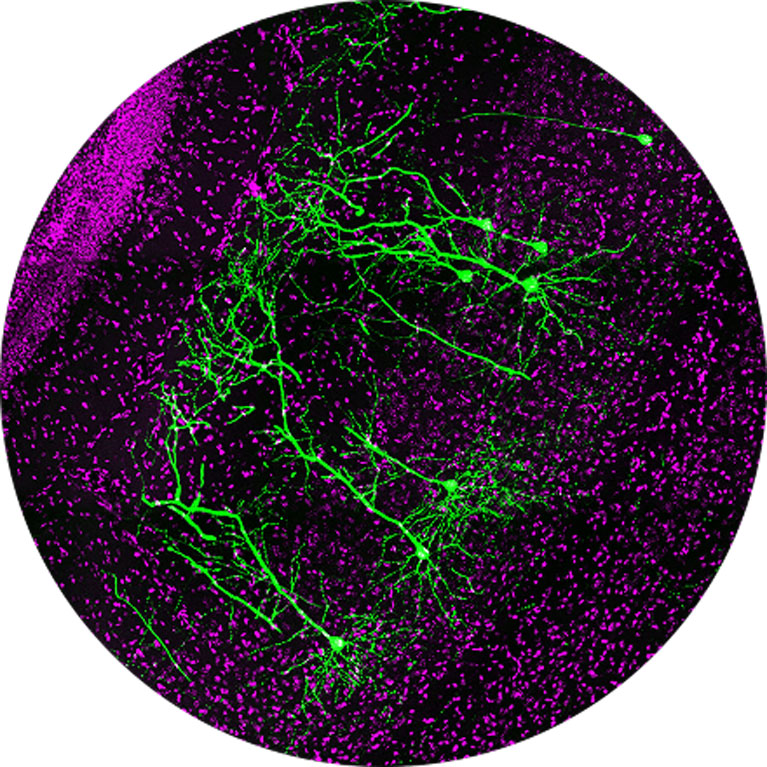
Social interactions are vital for wellbeing, social cohesion, and societal progress. Disruptions in social information processing can impact behavior and are often observed in neurological conditions, including Alzheimer’s disease and autism spectrum disorders. Many of these conditions are more common in men or women, and the symptom severity can vary by sex. Yet, how these sex differences manifest and how sex hormones affect the brain circuits that underlie these neurological conditions remains poorly understood.
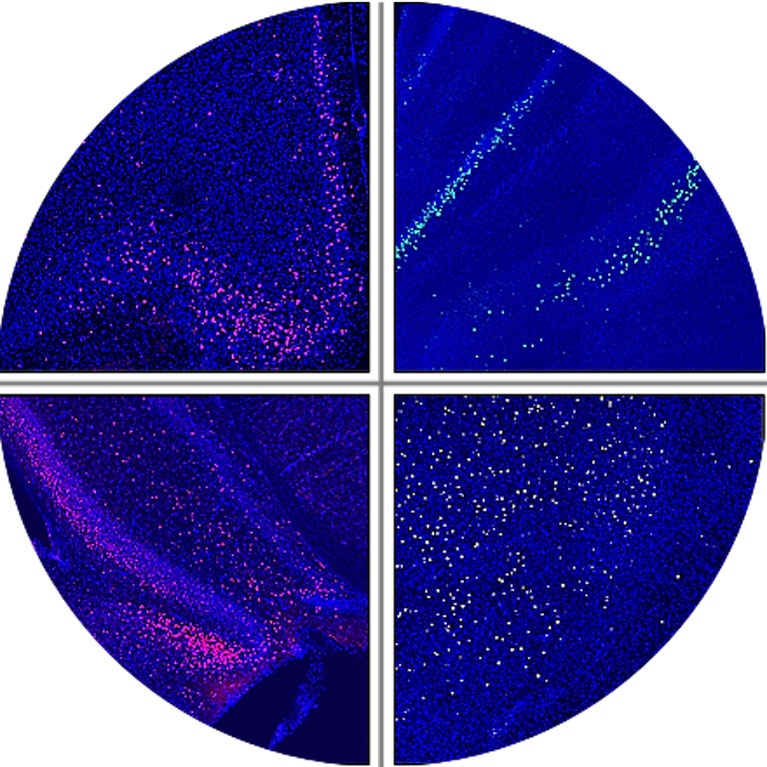
Bayless investigates the brain basis of social behaviors, like mating and aggression, by looking at how sex hormones affect brain circuits. His lab uses advanced molecular genetic techniques in mice to study cells that have sex hormone receptors (proteins on cells that receive and pass along messages) throughout the brain. The approach provides insight about three different aspects of social behaviors: 1) which brain circuits control specific social behaviors, 2) how much these brain circuits can change and what initiates that change, and 3) how sex hormones influence brain development and social information processing.
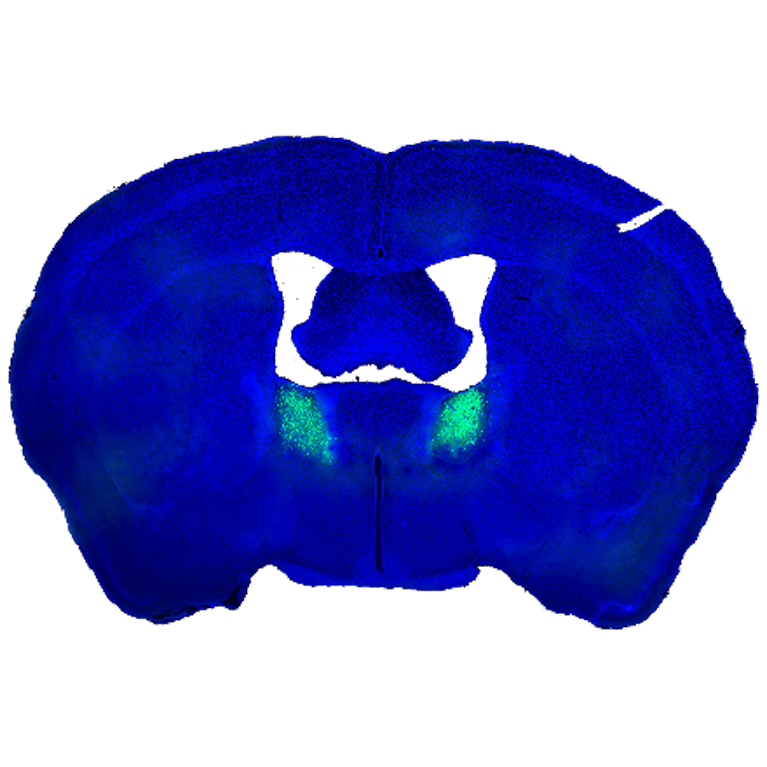
Bayless identified, for the first time in the vertebrate brain, a group of neurons that designate another mouse as either male or female, which is a necessary step for subsequent mating and aggression behaviors in mice.
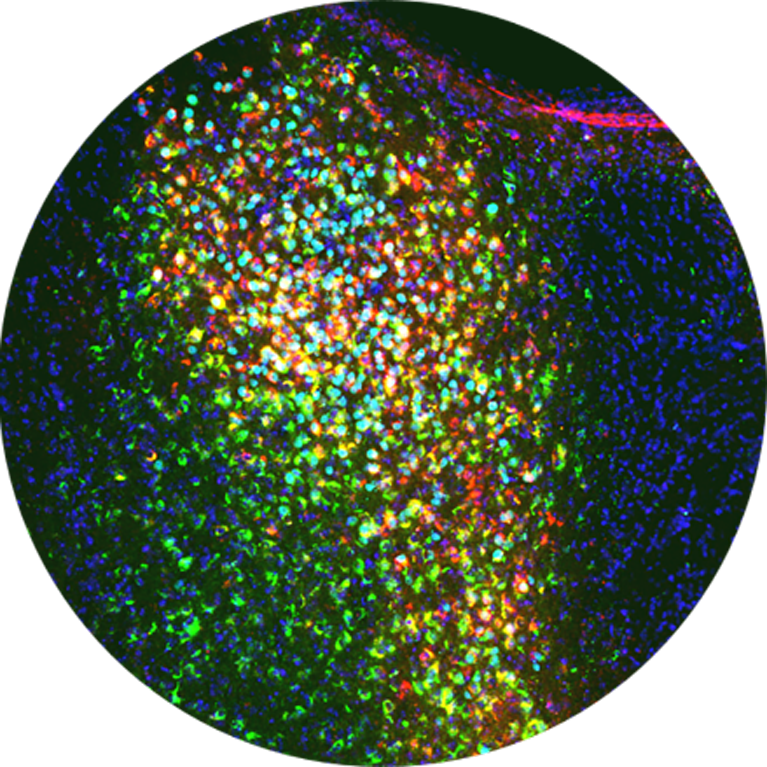
Bayless characterized how neurotransmitter (substance P) signaling in downstream neurons in the hypothalamus that have the receptor Tacr1 underlies the transformation of mate recognition signal into male mating behavior. Moreover, the activation of these Tacr1-expressing neurons can remove the typical 24- to 72- hour rest period after mating, causing male mice to repeat mating immediately.
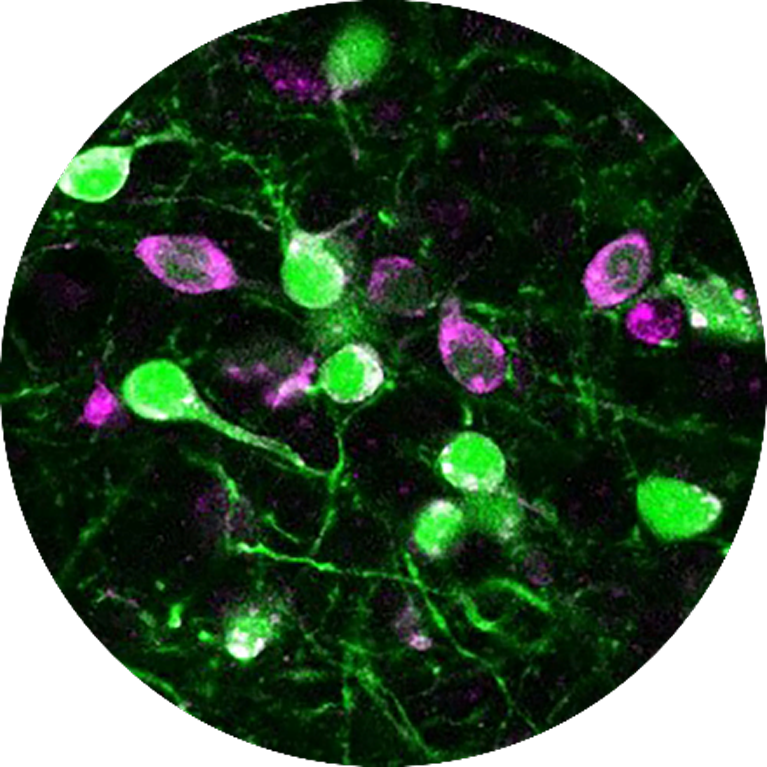
Bayless discovered that the same set of Tacr1-expressing neurons also cause an immediate release of dopamine, thereby linking the brain circuits for mating and reward.
BA, Psychology, University of Oklahoma
MS, Behavioral Neuroscience, Tulane University
PhD, Behavioral Neuroscience, Tulane University
Postdoctoral Fellowship, Neurobiology, Stanford University